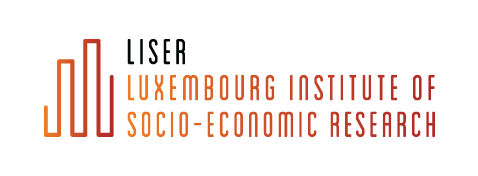Since the beginning of the Covid-19 pandemics declared by the WHO on 12-03-2020, public opinion worldwide has become rapidly aware of the importance of a country's healthcare system. This must be efficient and have sufficient capacity, to minimize widespread health risks for society as well as hospital facilities congestion. Hospital guidelines are there to regulate admissions precisely in case of congestion. Such guidelines, however, are rarely discussed in the media and most people are unlikely to be familiar with them. Hence, it is very of great importance for social scientists to explore what a sample of the population opines and whether their sentiment is in accordance with these rules. This is all the more relevant as the risk of future epidemics will be likely to increase as the interdependence among countries grows. The project consists in an anonymous survey experiment on hospital guidelines, administered to a sample of the United States' population. The project will be done three/four times: the first time at the peak of the COVID-19 crisis, the last when the crisis will be over.
We propose to ask respondents to suppose a number of hypothetical scenarios on hospital admission rules and whether they agree with them or whether they think alternative guidelines may be better.
The study will take at most 15 min. It will be administered via an online platform. It will be completely anonymous. Beyond answering the study relevant questions, respondents will only be asked if they wish to reveal the standard demographic characteristics collected in surveys (age, gender, etc.). However, this will only be done on a voluntary basis. No other questions will be asked.

